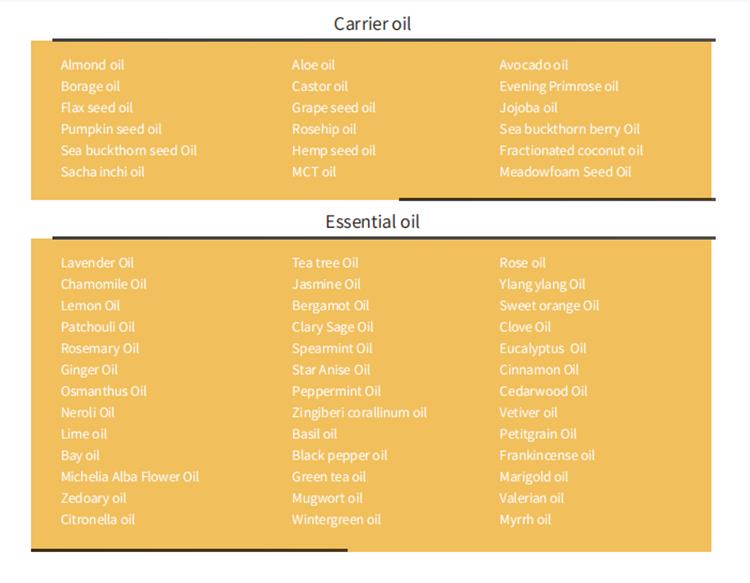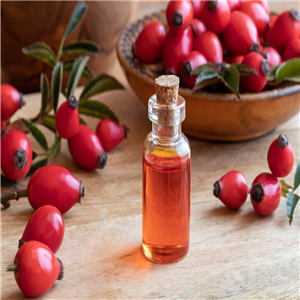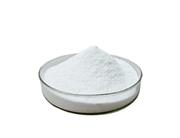
Product details:Rosehip oil
Botanical name:Rosa Canina
Origin:Dongbei,China
Method of extraction:Cold Pressed
Part of the plant used:Fruit,Nut
Crop season:All Year
Main constituent: Oleic acid,linoleic acid
Benefits of rosehip oil:
1.The many fatty acids in rosehip oil make it an excellent option for hydrating dry, itchy skin. The skin also easily absorbs the oil, allowing its antioxidants to travel deep into the skin’s layers.
2.Rosehip oil is high in vitamins A and C. Vitamin A, or retinol, encourages skin cell turnover. Vitamin C also aids in cell regeneration, boosting overall radiance.
3.Rosehip oil is rich in essential fatty acids and antioxidants, which are integral for tissue and cell regeneration in the skin. It’s no wonder that the oil has long been used as a folk remedy for wound healing, as well as the reduction of scars and fine lines.
Uses of rosehip oil
Rosehip oil can be used up to twice a day, morning and evening.
Although it’s generally safe for all skin types, you should perform a patch test before your first use. This will ensure that you aren’t allergic to the oil.
To do this:
1.Apply a small amount of rosehip oil to your forearm or wrist
2.Cover the treated area with a band aid or gauze
3.After 24 hours, check the area for signs of irritation
4.If the skin is itchy or inflamed, you shouldn’t use rosehip oil (see your doctor if the irritation persists)
5.If the skin doesn’t show any signs of irritation, it should be safe to use elsewhere
Rosehip oil can be used on its own, or you can add a few drops to another carrier oil or your favorite moisturizer.
Rosehip oil can go rancid quickly. To help extend its shelf life, store the oil in a cool, dark place. You can also store it in your refrigerator.





 China
China




